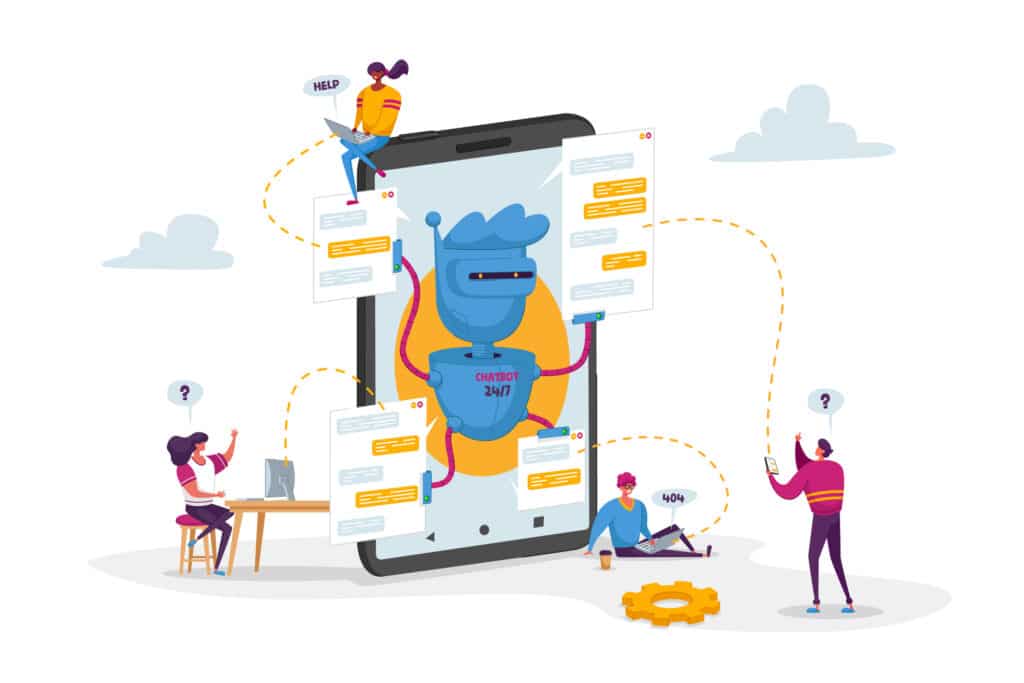Reduce, Reuse, Re-Prompt: How Building a Prompt Library Creates a Greener AI Workflow

At BackPocket, we believe the best way to navigate new tech is together. That’s why our team gathers every month for “AI In Your BackPocket” — a short and sweet internal session where we demo tools, swap notes, and troubleshoot the real-life ups and downs of using AI in our daily work.
Each installment tackles one timely topic we think our broader community will find helpful. This month, we focused on something deceptively simple but wildly effective: building a prompt library.
When you’re using AI regularly, it doesn’t take long to notice how often you’re repeating yourself, tweaking the same phrasing, chasing the same outputs, or trying to remember what worked last time. It’s not just inefficient; it’s also unnecessary digital noise. A smarter system means fewer wasted prompts, less backtracking, and even a lighter environmental footprint.
That’s where a prompt library comes in. It’s a low-effort, high-value way to bring consistency and strategy to your AI workflow, without having to start from zero every time.
The idea to formalize our own prompt library came after attending Andy Crestodina’s session at Content Marketing World 2025 on pulling insights from GA4 with AI. Andy emphasized using AI to accelerate the repetitive parts of data analysis, not to replace strategic thinking, but to make more room for it.
That clicked. If we’re applying that logic to analytics, why not to prompts too? Andy also gave us a peek at OrbitMedia’s own prompt library during the session, a simple, organized system that inspired us to build one tailored to our own workflows and partners.
Why an AI Prompt Library, You Ask?
AI prompt libraries aren’t just about saving time (although, yes, please). They’re about scaling what actually works. When you create a shared space for your team’s best prompts — the ones that help you write faster, brainstorm better, analyze smarter — you build consistency and cut down on repeat trial-and-error.
You’re also reducing the digital clutter that often surrounds AI tools. Instead of reinventing the wheel every time, you’re tapping into what’s already been tested and refined, saving brainpower and reducing AI’s environmental footprint while you’re at it.
How Our Team Is Building a Smarter AI Workflow
As part of our latest AI In Your BackPocket session, our team didn’t just cover the how — we dug into the why. Why build a prompt library now? And why does it matter beyond convenience?
Here’s what surfaced during our discussion:
-
Sustainability — for both the planet and our brains.
Our Chief Strategy Officer, Michelle Jackson, raised an important point about the environmental cost of AI — a topic often missing from industry conversations. Every prompt query uses power, and when we’re constantly re-prompting without a system, that waste adds up. A well-organized prompt library helps reduce that footprint by making reuse the norm.
-
Quality and consistency.
Our Art Director, Donovan Foote, noted that prompt performance can vary depending on context — whether it’s a new chat or an ongoing thread. That sparked a team “aha” moment: We don’t just need to save the prompts that worked, but also the notes around why they worked (or didn’t).
Those insights set the stage for the practical part — how to actually get started.

We’ve organized our prompt library by content categories to make browsing fast and intuitive — plus, you’ll find dedicated folders for project-specific accounts to keep everything streamlined and relevant.
Three Steps to Create an AI Prompt Library
Here’s the starter kit we shared in our session — no special tools required, just good habits and Google Drive (or the file collaboration tool of your choice):
-
Audit Your Past AI Prompts
Dig through your old chats, docs, and projects. Highlight what delivered great results and what fell flat. This helps surface patterns and reusable gold.
-
Organize by Task or Function
Whether it’s audience research, content repurposing, or data analysis, sorting your prompts by function makes it easy to grab and go. We’ve created folders and docs for each major area, and even brainstormed how to create partner-specific libraries.
-
Save Both Prompt and Output
Think of it as the “before and after” photos of your AI process. Storing both helps teammates evaluate effectiveness and adjust as needed.

Getting started with AI content creation is easier than you think — a Prompt Library is a simple tool that any content team can use to optimize content operations.
One Prompt, Many Uses
Think of your library like a recipe box. Once you’ve got a solid recipe for “turn this webinar into a blog post” or “summarize this GA4 report for execs,” you can remix it endlessly, without having to start from scratch every time.
TL;DR? Start Your AI Prompt Library Now
AI isn’t going anywhere, but your time is limited. Build a prompt library that helps your team work faster, smarter, and more strategically. Start small, stay organized, and let your best prompts do the heavy lifting.
Need a template? Ping me — we’re happy to share what’s in our back pocket.
Reduce, Reuse, Re-Prompt: How Building a Prompt Library Creates a Greener AI Workflow
At BackPocket, we believe the best way to navigate new tech is together. That’s why our team gathers every month…
The Wild West of Content Optimization: Why I’m All in on AEO and GEO
Over the last six months, I’ve found myself deep in what feels like the wild, wild west of content optimization:…
How to Use AI to Build Smarter Audience Personas in Minutes (Not Days)
As content strategists, we all know the value of audience personas — those detailed profiles that help bring your target…
How to Build a Custom Editorial Chatbot in 4 Easy Steps
You’re deep into your workday, juggling meetings, content reviews, and deadlines when a writer pings you with a question about…




